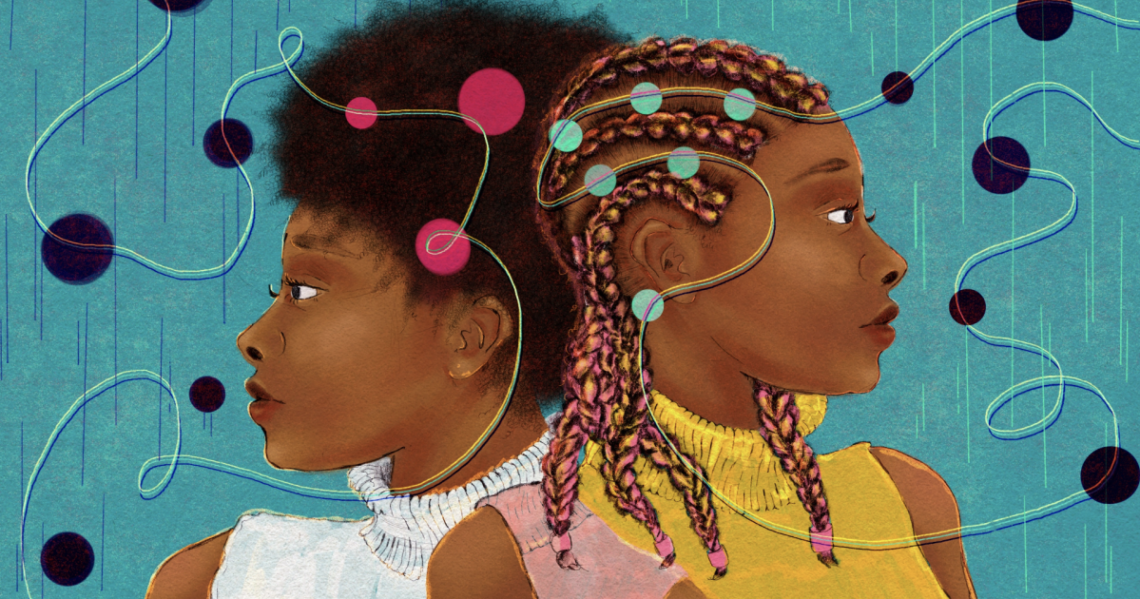Sadé Lewis of Queens, New York, has suffered migraines since she was a kid, and as she started college, they got worse. A recent change in her insurance left the 27-year-old looking for a new neurologist. That’s when she found West 14 Street MedicalArts in New York.
MedicalArts recommended that she get an electroencephalogram (EEG) and an MRI to make sure her brain was functioning properly.
An EEG is a test to measure the electrical activity of the brain. It can find changes in brain activity that can help in diagnosing conditions including epilepsy, sleep disorders, and brain tumors. During the procedure, electrodes consisting of small metal discs with attached wires are pasted onto the scalp using adhesive, or attached to an electrode cap that you wear on your head.
A little over a week before her EEG, Lewis was given instructions that she didn’t remember getting before a previous EEG appointment.
To Lewis’ surprise, patients were told to remove all hair extensions, braids, cornrows, wigs, etc. Also, she was to wash her hair with a mild shampoo the night before the appointment and not use any conditioners, hair creams, sprays, oils, or styling gels.
“The first thing I literally did was text it to my best friend, and I was, like, this is kind of anti-Black,” Lewis said. “I just feel like it creates a bunch of confusion, and it alienates patients who obviously need these procedures done.”
The restrictions could discourage people with thick, curly, and textured hair from going forward with their care. People with more permanent styles like locs — a hairstyle in which hair strands are coiled, braided, twisted, or palm-rolled to create a rope-like appearance — might be barred from getting the test done.
Kinky or curly hair textures are
Read the full article here







